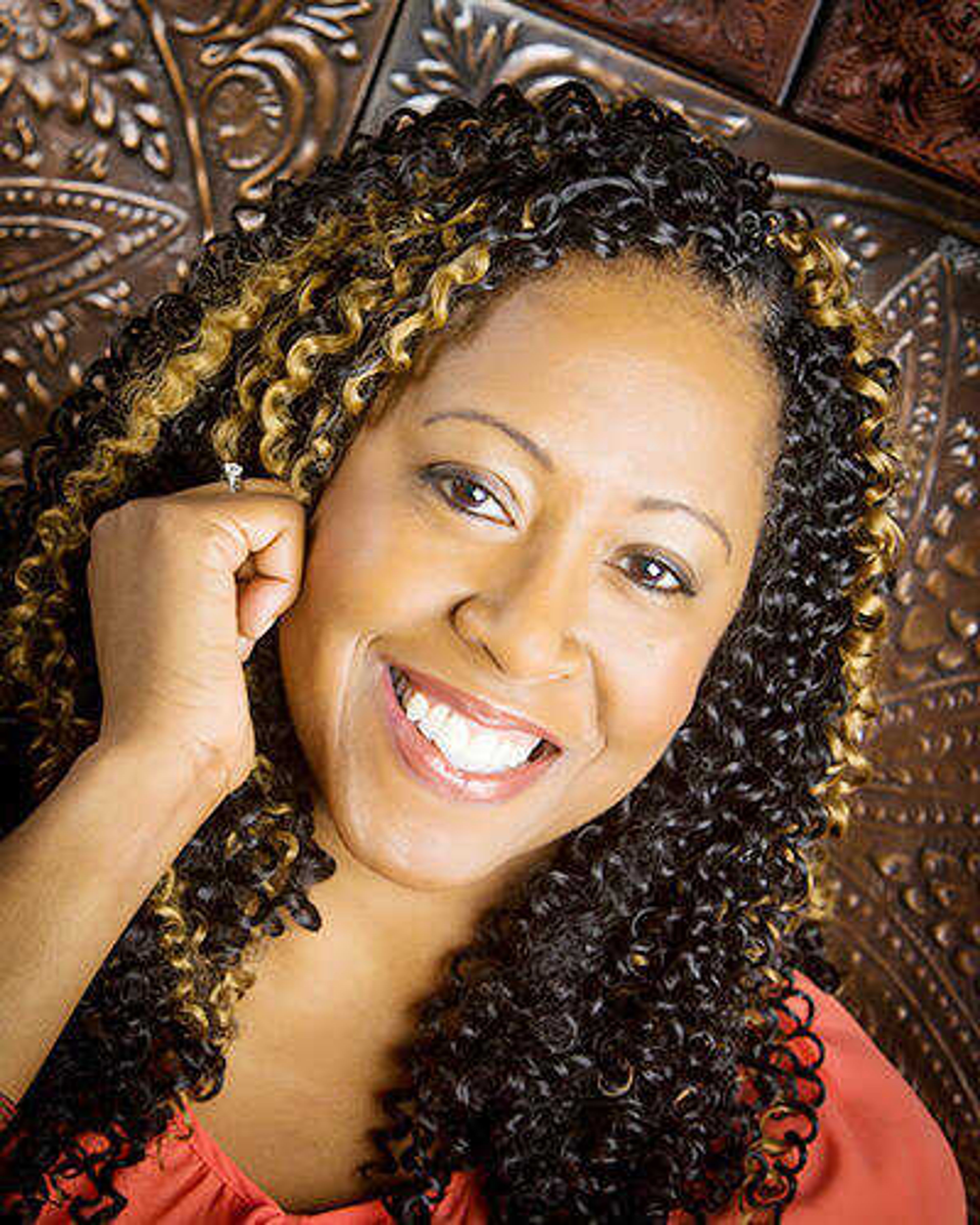Why reasonable people resist coronavirus rules
A perfect world. What does it look like? What does it consist of? And can just one thing break the deal? For nearly two decades, I taught the book "The Giver" to seventh-graders. I am currently doing another online book club of this book, which I also did three years ago. ...
A perfect world. What does it look like? What does it consist of? And can just one thing break the deal?
For nearly two decades, I taught the book "The Giver" to seventh-graders. I am currently doing another online book club of this book, which I also did three years ago. With all that's going on, now is a good time to delve again into this science fiction novel, which doesn't seem as science-fictiony as it did when I first started teaching it. Throughout the years, it progressively seemed more reality than imagination. And now, in 2020, it's so real, it ain't even funny.
I started the first session of the book club last week the same way I introduced the book to my students: by pointing out that the back cover states that "Jonas' world is perfect." This leads to my asking for characteristics of a perfect world. As can be expected, responses such as these are offered: no hunger, people respect one another, no war, everyone is healthy and the list goes on. I then read more of what readers are told after learning that his world is a perfect one: "Everything is under control. There is no war or fear or pain." Sounds good so far, right? Then we get here: "There are no choices."
Deal breaker.
I can tell you that it doesn't matter whether it's a group of 13-year-old middle school students or 30-year-old adults, reasonable people will not embrace any kind of society that eliminates choices -- even with the risk that they will make wrong choices. Though early on, the book displays expressions of kindness and comfort, safety and security -- the very characteristics people say must exist in a "perfect" society -- readers reject a society in which choices -- even choices that seemingly work out for the overall good -- are made for them, where an elite group, called the "Committee of Elders," is the decision-maker. I've always found this fascinating. And I'm convinced this mindset doesn't reign just because we're spoiled Americans, although, make no mistake about it, we certainly are. However, I believe there's more to it.
Key question: What would cause people who have tasted the horror of war, fear, pain, hunger, and loss to opt out of perfection, all for the right to make their own choices? Answer: There's something fundamentally godly in the power to choose. We're wired to choose -- by God. This is part of what makes America so special, the envy of the world. Think about it: God, in His wisdom, sanctioned choice. In the paradise of the Garden, what did He do? He put a tree in the midst of it, already knowing the choices of two would bring chaos to all. Why would He do such a dangerous thing? He wanted mankind to have a choice: obey Him or disobey Him. He did not want robots.
Rational folks have the right, they feel, to make reasonable choices, ones that bring reward, and, yes, risk. You can't throw them a big enough bone, you can't paint them a pretty enough picture and you can't pull enough wool over their eyes to make them cash that in -- not even for a world that, otherwise, is perfect even by their own descriptions.
But look at what we're experiencing today as the world deals with the coronavirus and the restrictions the elites are imposing. Reasonable people who are standing up against the fear and this shift in society as we know it want nothing to do with this modern-day Committee of Elders. Some may think them foolish, but they rail against long-term lockdowns and mask mandates and forbidden festivities. They want to use the knowledge they have to make decisions they deem best for themselves and their families. This "do as I say" stuff doesn't seem to have an expiration date. Give people power over others' lives, and it never seems to end. At what point is enough enough?
See, reasonable people recognize the risk, but they weigh it against the reward of choice -- and the scale tips in the direction of a tree in the garden. And even if they drop the ball -- or fruit -- which, ultimately, could lead to chaos, they want that power to choose. They do not want to be robots at the mercy of the "wisdom" of the "gods." And who can blame them? I mean, if even the God permitted the bad with the good for the sake of choice, who is man to do otherwise?
Adrienne Ross is owner of Adrienne Ross Communications and a former Southeast Missourian editorial board member.
Connect with the Southeast Missourian Newsroom:
For corrections to this story or other insights for the editor, click here. To submit a letter to the editor, click here. To learn about the Southeast Missourian’s AI Policy, click here.









